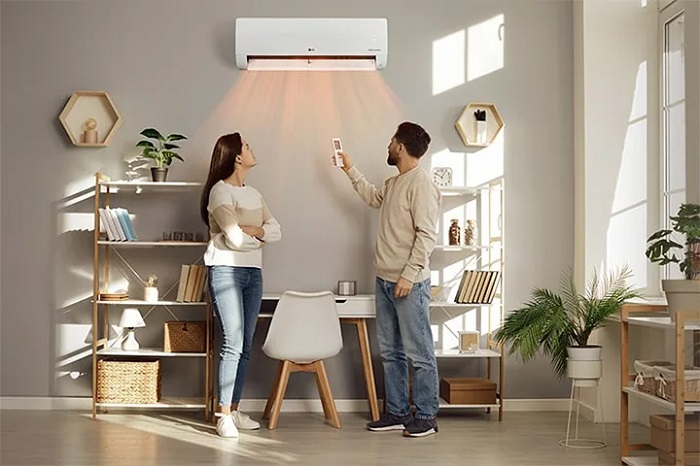Finding comfort at home often comes down to the invisible things we rarely think about. Temperature, airflow, and indoor climate quietly influence how we sleep, how we work, and how much energy we use. That’s why heating and air companies play such an essential role in the background of daily living, even if we don’t always notice it.
Why indoor climate matters more than we realize
Most people only think about their furnace or air conditioner when something breaks, but comfort is a constant process happening around us. A balanced indoor climate keeps our bodies regulated and our minds more relaxed. When it’s too hot or too cold, productivity drops and even simple tasks become harder. Over time, living in spaces with poor ventilation or unstable temperatures can also affect overall health. The systems that regulate heating and cooling are designed to minimize these problems, and the work of heating and air companies ensures those systems stay reliable.
The connection between comfort and efficiency
A comfortable home isn’t just about staying warm in winter and cool in summer. It’s also about how efficiently that comfort is achieved. Energy use climbs quickly when equipment is outdated or poorly maintained, which translates to higher costs and a bigger environmental footprint. By focusing on performance, modern climate systems are built to create the same level of comfort with less waste. Behind the scenes, heating and air companies contribute by providing the expertise needed to balance comfort with efficiency. Their role goes beyond fixing equipment—they help shape how homes adapt to changing weather conditions and energy needs.
Changing expectations in modern living
In the past, heating and cooling were simply about avoiding discomfort. Today, people expect more: quiet operation, consistent temperatures, and even air quality improvements. With these expectations, technology has evolved to match. Homes can now be equipped with smart thermostats, zoning systems, and air filtration that responds to daily habits. None of this happens on its own—it takes planning, adjustment, and a knowledge of how different systems interact. That’s where the background work of heating and air companies blends into everyday routines, making advanced comfort seem effortless.
The balance between reliability and adaptation
While innovation is moving quickly, the basics still matter. Reliable heating in the cold months and steady cooling during summer remain the foundation of indoor comfort. The challenge is balancing traditional reliability with new ways of adapting to climate and lifestyle changes. This balance is why the expertise behind climate control remains relevant. No matter how advanced technology becomes, the systems still need to be designed, maintained, and fine-tuned to match the realities of each space. The quiet presence of heating and air companies makes sure that balance is preserved, allowing comfort to feel natural rather than forced.
Conclusion
Comfort at home is rarely something we stop to analyze, but it’s deeply connected to how we feel every day. From maintaining health and focus to reducing energy costs, indoor climate plays a larger role than most people realize. Behind it all, heating and air companies continue to shape that experience, ensuring the systems we depend on work smoothly and adapt to our needs. The result is something simple yet vital: a space that always feels like home.

